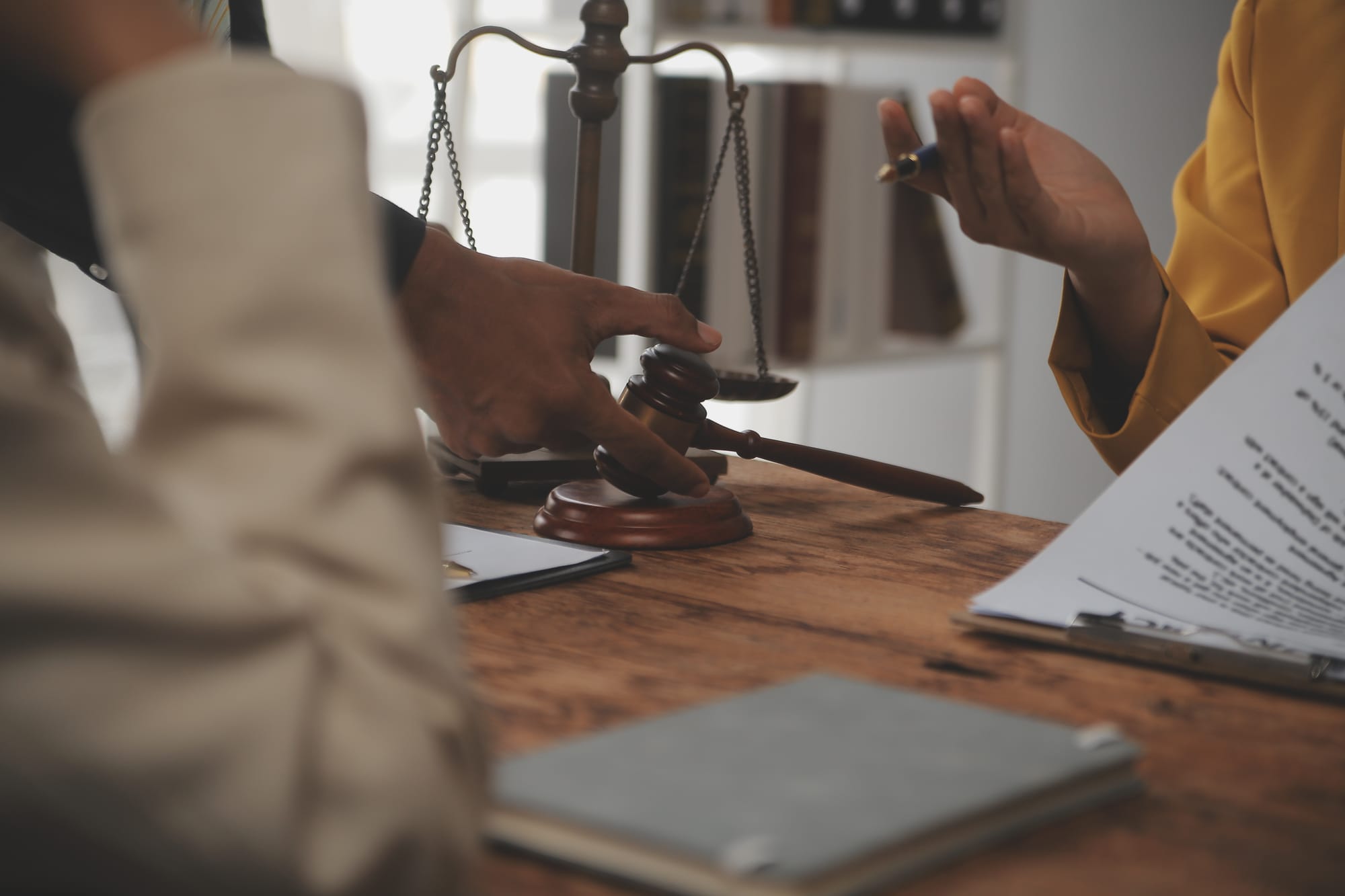Changing firm names? It's not easy.
Plus: The legal proofreader you need

Let’s be real—CLEs rarely light anyone up. But this week, one trial lawyer decided to rewrite the script and offer a new way to keep learning. We’re also looking at what it really takes to change your firm’s name (spoiler: it’s more than new letterhead), and why emotional intelligence isn’t just HR fluff—it’s case strategy. There’s a legal proofreading software showdown, news from the courtroom to the UAE (where AI is writing laws) and a documentary that might make you rethink social media entirely.
And you won’t want to miss the podcast with practice tips from an undefeated cage fighter. As she says, “Green light!” Let’s go!

All in a day’s work. @lawyersspace on Instagram has a live look at the average workday of a transactional attorney.
What could possibly go wrong? The United Arab Emirates is experimenting with AI-crafted laws.
I feel seen. Have you used the exhausted face with bags under its eyes emoji yet?
Vote early, vote often. Please don’t make us pay close attention to bar association elections.
What we’re watching. Can't Look Away: The Case Against Social Media is a documentary that follows the lawyers suing tech companies on behalf of families whose children have suffered harm they claim is directly linked to social media consumption.

Finding purpose and empowering others through legal coaching
Attorney P. Christopher Ardalan recognized that even as traditional legal seminars offer valuable information, they often can't address the specific challenges attorneys face in their individual cases, so he started Ardalan Trial College. As both a seasoned trial lawyer and a dedicated coach, Ardalan strives to bridge the gap between theory and practice, helping attorneys elevate their advocacy and win with purpose. This week, he took a few minutes out of his busy schedule to talk about legal coaching with Raise the Bar. -Emily Kelchen
I think every lawyer has sat through a CLE they thought was a waste of time, but few of us have decided to do something about it. You did. Why?
I started Ardalan Trial College because I recognized a critical gap in legal education: a lack of strategic, targeted coaching. Through one-on-one training tailored to specific cases, attorneys develop skills that directly apply to their current challenges instead of some hypothetical. Participants consistently report gaining more from a single day with me than from years of conventional seminars, leaving with greater confidence and a clear strategy to win their cases.
I read on your firm bio that you still consider yourself a student of lawyering, even though you are now spending a significant portion of your time coaching other lawyers. What does that mean?
Great trial lawyers must first be exceptional students of humanity, deeply understanding people, pain, loss and the human condition. The profession demands masterful communication, organization, emotional intelligence and the ability to process vast information and present it persuasively. Every trial, every coaching session, offers new lessons in this, which is why I remain a perpetual student of this art. By approaching each experience as an opportunity to learn and grow, I continuously evolve as an advocate, regardless of my experience level.
How do you help someone develop those skills you mentioned?
Like any elite professional, success requires both innate talent and developed skills. As trial attorneys, our decisions are often guided by psychological factors—ego, anxiety, fear or insecurity. Only through honest self-reflection can we identify what truly anchors us down, allowing us to release these weights and reach our highest potential.
What motivates you—or anyone—to do that kind of deep introspection?
Having a sense of purpose is my primary motivation. Without purpose, we lack direction and fulfillment. My purpose is multifaceted: helping as many people as possible and improving others' lives, which in turn enriches my own life and my family's. There's profound satisfaction in knowing my work can positively change people's trajectories while being personally, emotionally and financially rewarding.

Beyond book smart
When meeting with a potential client, attorneys are often quick to zero in on legal strategies, sometimes overlooking the emotional and cultural dynamics at play. This article by attorney Karsten C. Bailey urges lawyers to look beyond the legal issues if they want to gain a client’s trust and offer advice they will actually follow. Bailey discusses the importance of being emotionally present, observing nonverbal cues and regulating your own reactions during client interactions, especially when clients are sharing painful or traumatic experiences.
Why this matters: Having “soft skills” is just as important as knowing the law. Developing these skills strengthens the attorney-client relationship and leads to more personalized, effective advocacy. (Wisconsin Lawyer)

Proofread like a pro
If the only tool you rely on when proofreading your documents is spell check, it’s time to up your game. This round-up of the top six legal proofreading software options out there covers the pros and cons of each service and has some tips for how to decide which one would best complement your practice.
Why this matters: These tools do more than check your grammar and point out all your run-on sentences. When used properly, they can help polish your writing and ensure your citations are all formatted correctly. (Clio)

Train like an MMA fighter
Jess Sargus is a former cage fighter and a veteran trial attorney who taps into her experience in both arenas as host of "The Legal Athlete” podcast. She gives short, snappy tips for using the same tools and techniques as elite athletes to mentally prepare for challenging tasks. In one recent episode, she gives step-by-step instructions for creating and training your brain to respond to a metacognitive trigger that will help you get to work when you don’t feel like you are up to the task.
Why this matters: If you’re into sports psychology, and you’ve got 15 minutes to spare, Sargus’s podcast is worth a listen. She uses lots of examples and includes links for further reading in the show notes if you want to dive into a topic. (The Legal Athlete)

- Harvard v. the entire federal government
- Are lateral hires the reason why BigLaw doesn't band together?
- SCOTUS working overtime on immigration cases
- California's peremptory challenge law might be amended (again)
- DOJ seeks an end to Google's search monopoly

What’s in a name?
A law firm’s name is a big part of its brand, so it’s a big deal when a firm decides to change its name. Reuters covered this topic back when the last few states that didn’t allow law firms to have trade names changed their rules, and Ruth Carter blogged about her frustrating attempt to get her bank to recognize her firm’s new name a couple of months ago. If this is something you are thinking about doing, you are going to want to follow along as Danielle Brent-Bownes, currently of Brent Bownes Law, documents the entire law firm (and personal) name change process.
Why this matters: There’s a lot more that goes into picking a new firm name than changing your letterhead. From updating your info with the courts to finding someone who can design a logo, this is one area where attention to detail definitely matters. (Instagram)
Thank you for reading Raise The Bar.
Every Thursday, you'll hear from our team about the most pressing issues facing legal practices today. We'll also try to include some quick-hit reads that touch on interesting cases and precedents being set worldwide.
Have anything you'd like us to cover? Send an email raisethebar@mynewsletter.co
Raise the Bar is curated and written by Emily Kelchen and edited by Bianca Prieto.

